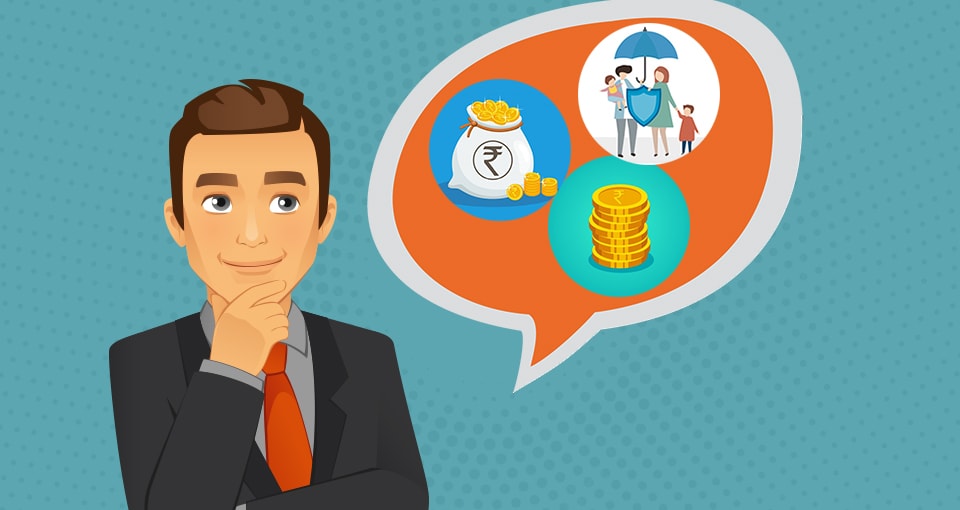6 Financial Mistakes To Stay Away From

Numerous countries across the world are currently gripped by some form of economic crisis. Many individuals who have been in the workforce for a long time and are set to retire, have no savings.1 Some individuals who have been in the workforce for a fair amount of time are struggling to make ends meet. Some individuals who have just been absorbed into the workforce, without even having spent a substantial time, are under pressure to clear debt, buy cars and houses, and save money at the same time. Employment is also steadily becoming increasingly precarious, jobs demand more time and effort, and there is an abundance of people, so most employees are easily replaceable.
Most individuals today, irrespective of how much they earn, work so hard that they seldom get time to rest, recuperate or unwind. This, coupled with crippling debt most people have taken on, can be called financial slavery. To top that off, most struggle with some form of financial emergency. People trade off most personal rights, and singularly focus on making money, a need which stems from either crippling debt, poor monetary conditions, or a desire to make more money.
Here are six financial errors that can push you into financial slavery:
Unchecked expenditure
People seldom realize they’re making mistakes until it’s too late. Unchecked expenditure is one of the main reasons people are pushed into debt and consequently, financial slavery. While it is acceptable (even encourageable) for people to spend on things they want ever so often, when the frequency becomes too high, it can end up being severely detrimental to them.
Depending on credit too much
Since credit cards make the process of getting loans so easy, two things happen: i. It is convenient and makes us appreciate the ease and ii. Physical money is taken out of the picture, and your expenditure is not tangible. These two things in conjunction lead to people getting hooked to credit cards, leading to multiple purchases and never-ending debt.
Unnecessary purchases
The ease of purchasing things alone isn’t a problem – it’s also what is purchased and how frequently it is purchased. The key rule to keep in mind is need v/s want. If money is tight, the primary focus should be needs, not wants. While it is okay to occasionally spend on things one wants, doing that excessively has a high potential of driving one into economic slavery.
Not purchasing life insurance
One should also invest in life insurance policies. They help us recover from any unforeseen financial emergency and help our families get back on their feet in case something happens to us. One of the best ways to do this is to invest in a ULIP, or Unit Linked Insurance Plan, an insurance plan that both – insures you and invests money on your behalf. With ULIPs, a portion of your investment money is dedicated to equity, debt or combinations of both to help you get an optimum amount of returns. If you would like to purchase a ULIP, on Bajaj Markets you can purchase Bajaj Allianz Unit Linked Insurance Plans and customize them as per your current needs and future goals. On Bajaj Markets, you can opt for either the Child-oriented plans, Retirement-centered plans or the Investment focused plans. These plans provide protection for you and your family and also help generate wealth for the long-term.
Living hand to mouth
Many individuals do what is often referred to as ‘living hand to mouth’ or ‘living paycheck to paycheck’ which sometimes, is a consequence of circumstances, but sometimes, a consequence of unchecked expenditure. This also creates a bad habit, where savings are given the least priority while other unnecessary expenses go unchecked.
Not planning expenses
Having a plan can make most things easier. Nowadays, many applications allow you to track expenditure and manage expenses, thereby making planning a lot easier. Even if you don’t use an app, or don’t track expenditure at all, a simple thing to do is set out the most necessary parts of expenditure from your income, set out some as savings, and then distribute the rest based on how important each expense is. This way, you don’t wait to see what’s left that can be saved or find yourself in a position where you are unable to make an important payment. Also, if any financial emergency springs up, having expenses planned makes it easier to deal with.
So, keeping a few things in mind and avoiding the aforementioned financial errors will help you steer clear of financial slavery.
